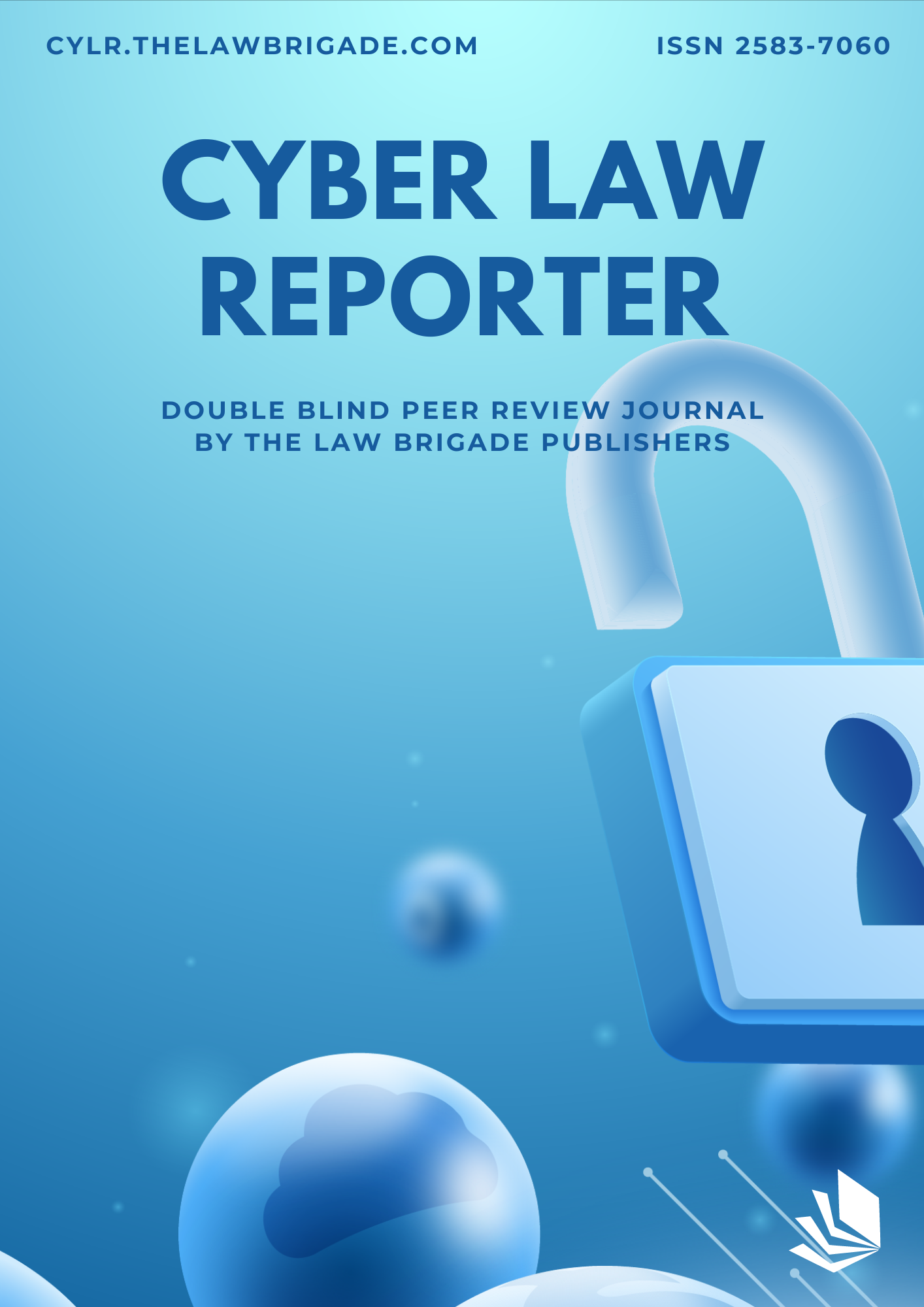The advent of Artificial Intelligence (AI) has ushered in a transformative era across diverse sectors, with profound implications for the domains of criminal justice, cybersecurity, and digital forensics. AI’s capacity to augment capabilities in countering cybercrimes while simultaneously introducing challenges and ethical quandaries necessitates a meticulous examination. Integration of AI within the realms of cybercrime and computer forensics mandates a judicious and balanced approach, grounded in ethical principles, established standards, and legal regulations that accord priority to human rights, privacy, and security. These regulations must underscore transparency, accountability, and fairness in the deployment of AI systems.
Effective handling of AI-driven cyber threats necessitates collaboration and coordination among governments, private sector entities, civil society, academia, and technical experts. Such collaboration enables the sharing of best practices and knowledge, thus facilitating a more robust collective response to the ever-evolving landscape of cybercrimes. Education and public awareness form integral components in preparing society for an AI-driven future. Equipping law enforcement agencies, legal professionals, and forensic experts with training and resources empowers them to navigate cases involving AI technologies efficiently.
Bolstering the capabilities of the criminal justice system is of paramount importance. This involves the development of pertinent legal frameworks, technical tools, forensic methodologies, evidentiary standards, and judicial procedures to accommodate the evolving spectrum of AI-enabled crimes. Innovation and research play a pivotal role in countering threats posed by AI, with a particular emphasis on the development of trustworthy AI systems that are resilient, secure, and human-centric. Such AI systems are instrumental in mitigating the malevolent applications of AI, ensuring the privacy and security of individuals and organizations alike.
As AI continues to evolve and shape the digital landscape, a proactive and comprehensive approach is imperative. Embracing the opportunities that AI offers while concurrently addressing its challenges through responsible governance and ethical considerations creates a safer and more secure digital environment. This approach allows society to harness the full potential of AI while safeguarding privacy and security in the era of cybercrime and computer forensics.
This legal and ethical analysis underscores the multifaceted implications of AI on privacy, security, cybercrime, and computer forensics, and offers recommendations for a judicious and ethical approach in the age of digital transformation.





